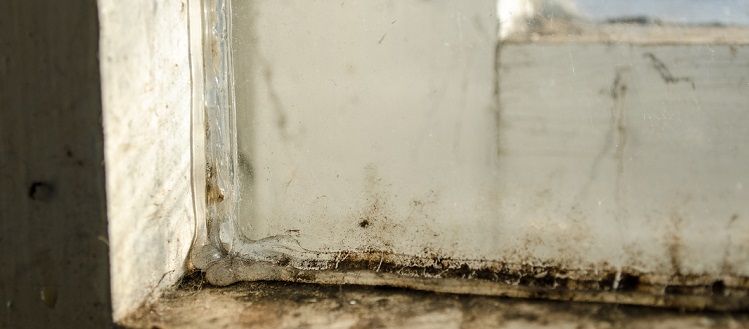Basement Moisture Causes and Dangers

Homeowners are often concerned with preventing their basement from getting flooded and with good reason. It can be extremely tedious and time-consuming to recover from basement flooding causes such as pipe leaks, sewer overflows or foundation leaks and flooding from natural conditions like excessive rainfall, snow melt, etc.
Preventing basement leaks involves locating and fixing the cause of your basement leak, drying your basement out completely to prevent the buildup of mildew and mould; and then repairing or replacing anything that may have been altered, such as drywall. However, it’s more common for basement spaces to get impacted by moisture problems, which are also far less noticeable and often not noticed.
Basement mould Dangers
A damp basement area is more than just an annoyance. Whether your basement is unfinished and used largely for storage, a finished living space, or simply a crawl space; excessive moisture here can lead to:
- The growth of mildew, mould or other biological growth that has the potential to cause a range of health problems
- In more severe cases, these conditions can result in rot and structural damage. Unlike flooded basements, damage from moisture occurs over a much longer period of time.
Signs of Basement Moisture
Because your basement is under the ground level, it will naturally have more moisture than the upper stories of your home. So, how do you identify if you have a moisture problem? Here are some of the obvious signs to look out for:
- A musty, unpleasant odour and a feeling of very humid and damp air
- Rings of dampness around the lower levels of concrete block walls
- Seepage during heavy rainfall
- Water trickling out of the floors and walls
- Condensation on the basement surfaces
Basement Flooding Causes
The three main causes of basement flooding include:
Surface runoff
Flowing water on the ground’s surface poses great threat to your basement. The lateral hydrostatic pressure against walls eventually seeps through wall’s cracks and gaps. The porous soil standing next to walls can also cause basement water.
Subsurface Water
If you find that your basement is almost always wet even when there is no storm, your foundation might be positioned on a high water table. A rise in the water level causes pressure against your concrete flooring and forces water through the ground.
Condensation
This is the commonest overlooked causes of moisture in basements. Condensation tends to show up in the form of droplets on the floors and walls. It occurs when the warm air through the vent windows comes into contact with any cold surfaces or un-insulated pipes in the room.
Contact the Foundation Experts
Water can also come from within your house from leaking water pipes, toilets, showers or bathtubs. If you have a moisture problem, it’s imperative to address it and get it fixed without delay. We at Conterra Foundation & Repair Ltd are one of the leading companies in this industry, and over the last 24 years since our inception, we have handled a large number of foundation repair projects for residential customers.
Don’t let basement moisture affect the health of your family or damage your property. For all your residential waterproofing needs and wet basement repair, call us at 905-679-0263 or contact us via this online form.